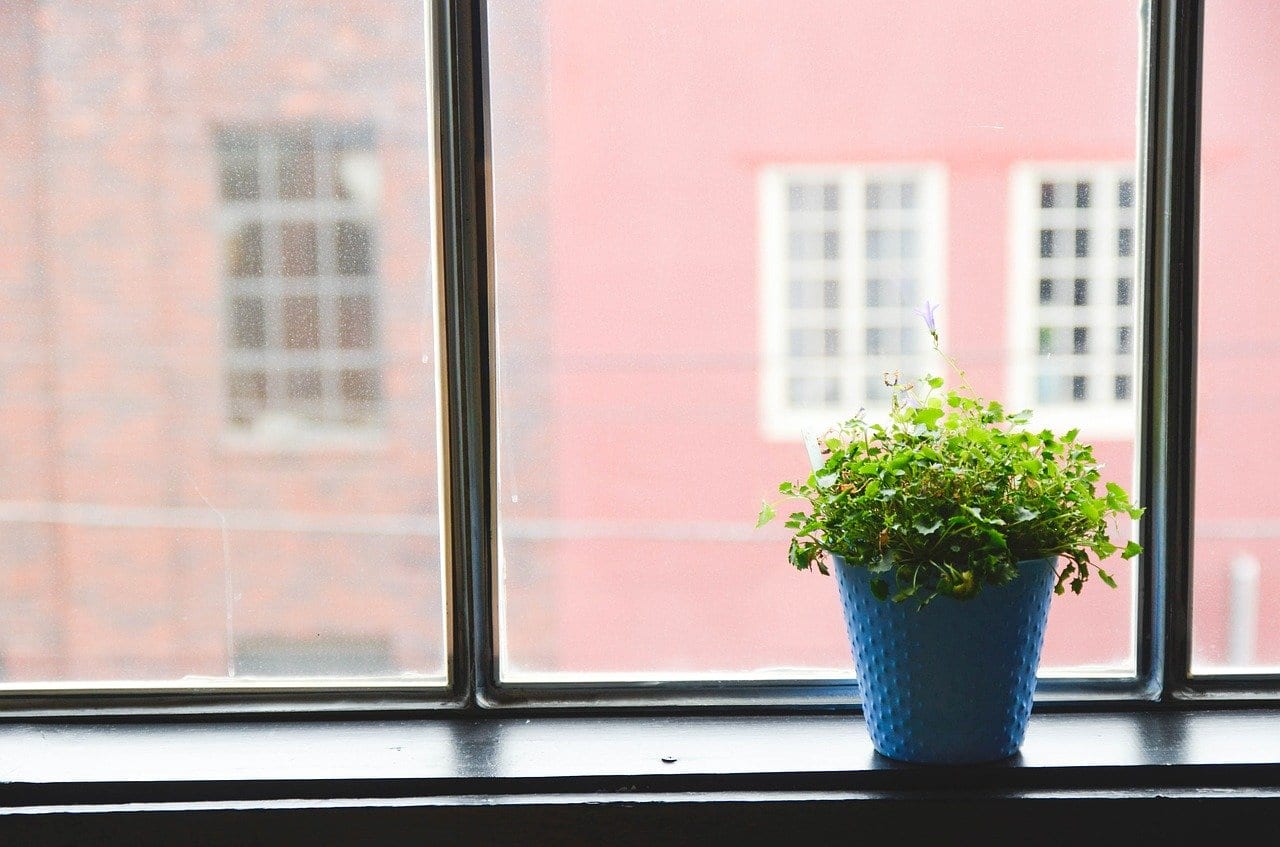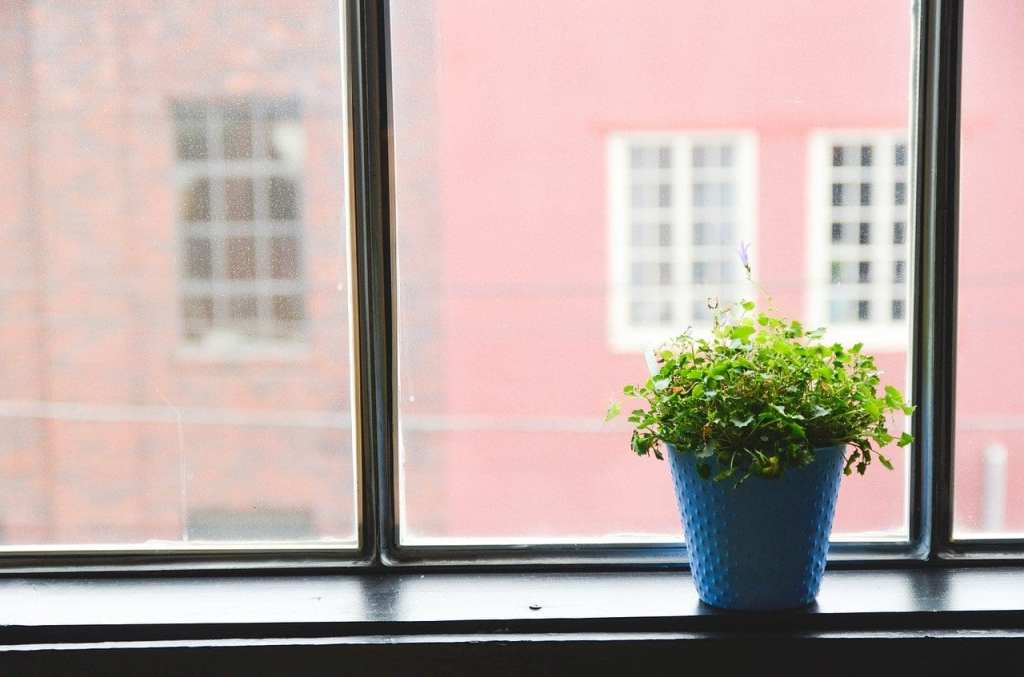You don’t need a big garden to reap the mental benefits of gardening. Experts say even one plant can give you a brain-boost and help you feel centered in your environment.
Green spaces, whether inside or outside, help people feel more positive, with lowered levels of depression and anxiety.

Photo Credit: Proflowers
The act of gardening and even looking at your garden and plants improves mood and helps the brain produce more serotonin.
The journal Landscape and Urban Planning published a study of 370 people that found home gardening provided the same benefits as did a walk or bike-ride. Interestingly, and perhaps most useful to know, female and low-income gardeners reported feeling the best.

Photo Credit: Pixabay
This all starts to make sense when you think about what plants need–the sun. Being out in the sunshine or pulling back the curtains to let the sun in on your houseplants helps us manufacture vitamin D, which increases our serotonin levels.
Also, focusing on the tending of our plants helps take our minds off our anxieties, responsibilities and overstuffed to-do lists. And if you’re growing vegetables for your own use, you’ll really feel a new sense of purpose for your efforts. Dr. Gregory Nawalanic Pys.D., a clinical psychologist with the University of Kansas Health System, told Bustle, “It provides a great lesson — potentially supplying actual healthy food that you don’t have to rely on the grocer to provide. That’s why gardening last saw a major boom in the World War era, when Victory Gardens were abundant.”

Photo Credit: Peakpx
Non-edible plants bring purpose and joy too. When you start digging into smart practices about making your flowers and houseplants thrive, you’ll find a tight-knit community of other gardeners willing to give you advice, seeds and encouragement–something we could all use.
Try your hand at it and see what happens. You may get a bowl of tomatoes or strawberries out of it, but you’ll definitely find new friends and feel good about what you’re doing.






